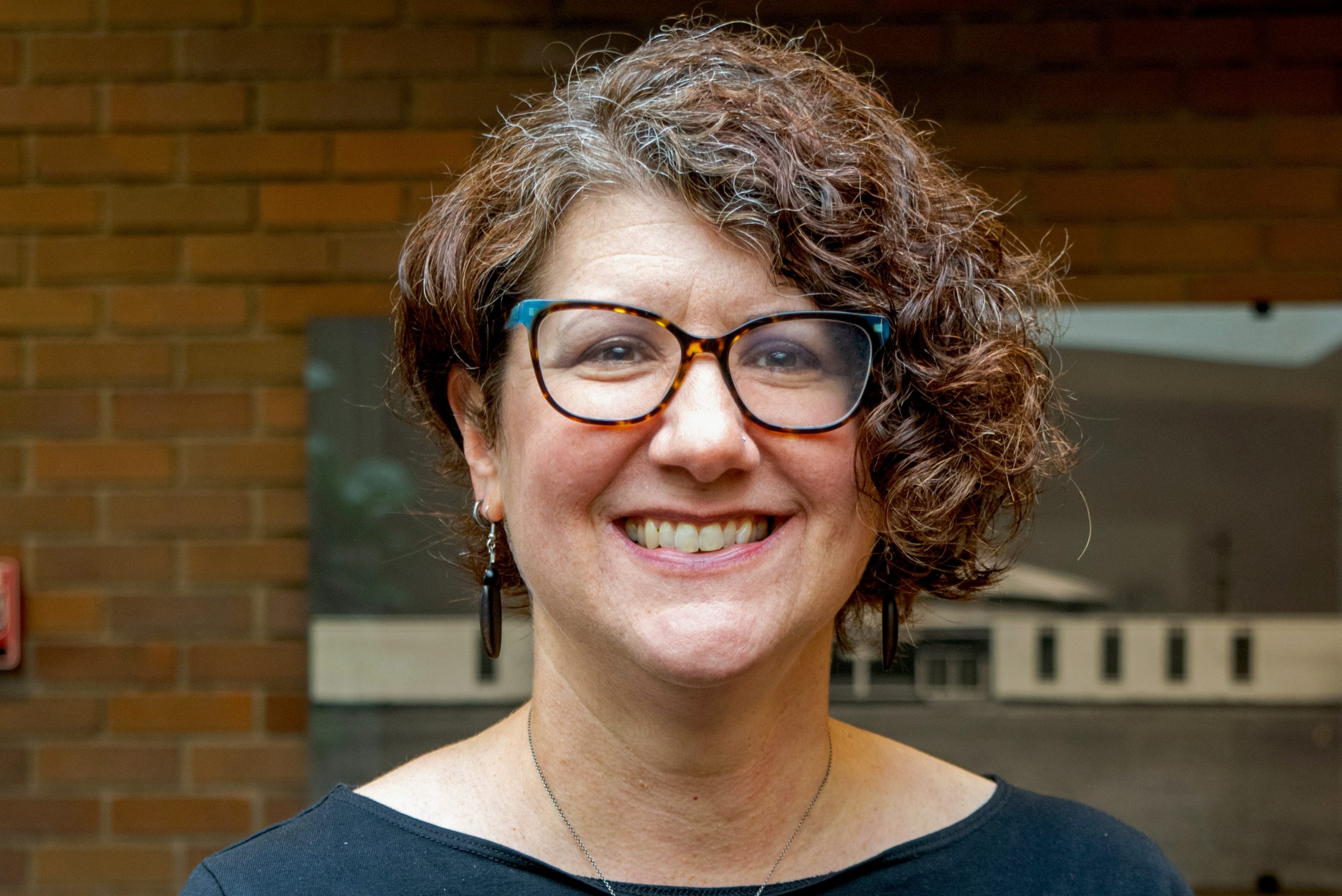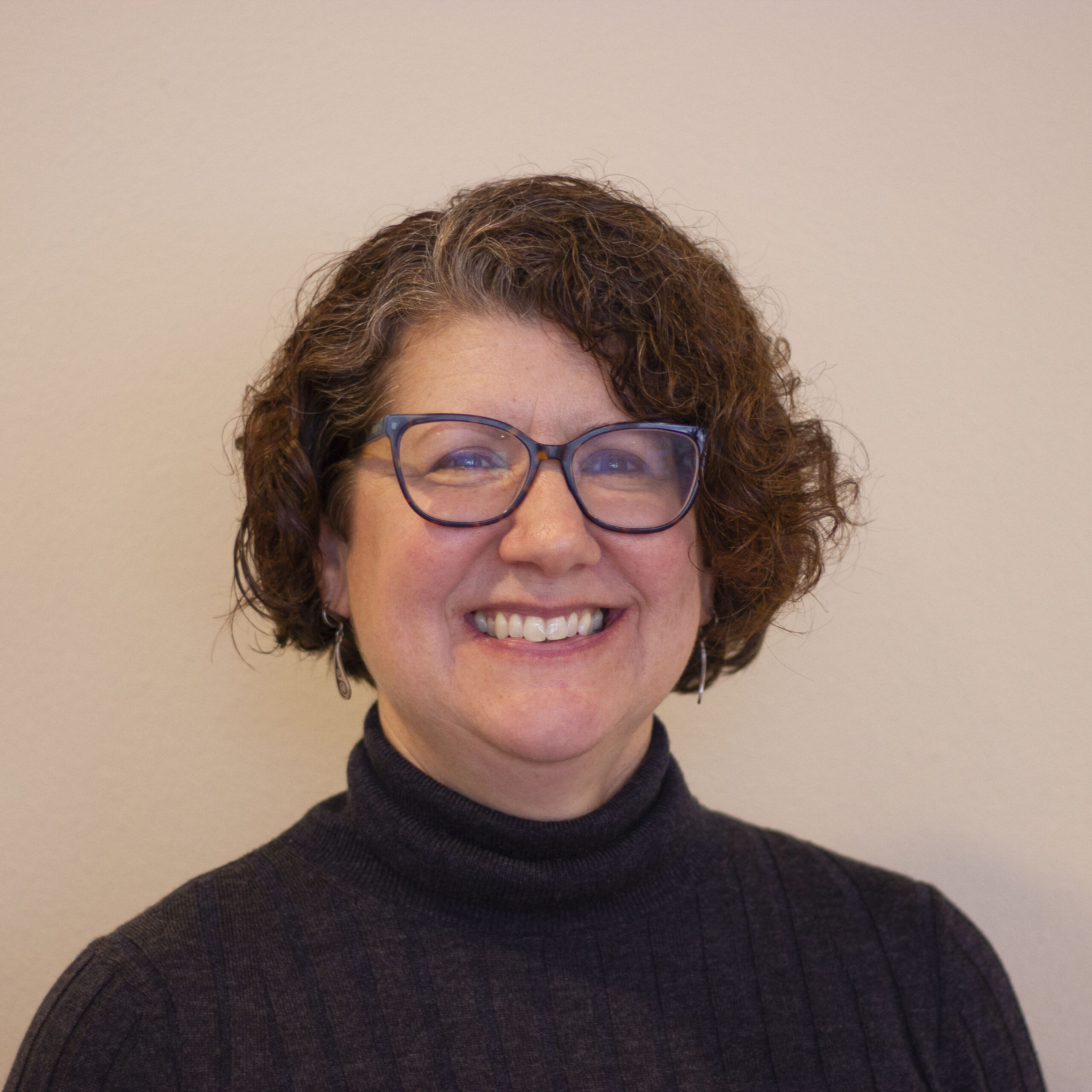I appreciated Eric Miller’s reflections in the Nov. 4 issue of The Record, “Why Are Convos Becoming More Disruptive?”
As the person currently charged with overseeing chapel/convo programming, it has been discouraging to regularly sit through the behaviors Eric mentions in his piece. I’m reluctant to invite outside speakers because I worry about the impression of Goshen College that they will walk away with. Eric is absolutely right that convo needs to reflect a better side of GC, that chapel needs to be held as a sacred time and that it’s on all of us as a campus community to make this happen.Full disclosure: When I was asked to be the Core Director, I considered saying no because oversight of convos came along with the job. And I did not want that job.
Obviously, I eventually said yes and in the past year-and-a-half, I’ve developed my own conviction that this time together is important, sacred and worth preserving. As a campus — students, yes, but also faculty and staff — we all need to re-center ourselves on the “why” behind this requirement.
One purpose I embrace, implicit in Eric’s piece, is that the value of our Wednesday campus gathering transcends our own personal engagement level on any given week.
Sure, there are convos that some experience as a “snooze fest” (Eric’s words, not mine). But the ritual of coming together from our separate pockets of campus to hear and engage the same content is a distinctive way in which we enact the value of community. One benefit of being a small college is that we can gather together and know one another in ways that aren’t possible on a 10,000-person campus.
The COVID-19 sabbatical from convo provided us with the opportunity to re-examine the purpose and value of this requirement. Last year, I pulled together a focus group of students to talk about what they enjoy about chapel/convo, what they don’t like, and how many should be required. The general sentiment of the student group was that they don’t always love it or feel like going, but if the requirement went away, chapels and convos would likely die out, and that would be a loss.
In the course of the conversation, students mentioned particular chapels or convos they enjoyed. Some preferred the worship focus of chapel while others highlighted a thought-provoking speaker. All the students in this group agreed that they especially liked hearing honest sharing and stories from other students and faculty.
One student highlighted the value this way: “There are people on campus that I just wouldn’t see if it weren’t for convo. I think the most important thing is showing up and being present.”
This year, we’ve done a few things to draw on students’ sentiments that community is one of the main “why”s behind convo. We’ve trimmed the requirements a bit and cut back on the bonus convos to really centralize the Wednesday 10 a.m. time.
While the inopportune buzz of conversation is a growth area, the sight of full benches is something to celebrate. We’ve also slated a few days as “convo and coffee” so that the 10:00 hour isn’t just sitting and passively listening; rather, there is a little pocket of time in the day when we’re encouraged to linger and interact.
One key aspect of community is that we are all called to remind each other how to do better and be better. I appreciate Eric bringing this conversation to a public space, and that he calls on other seniors to be mentors and role models in the work. Here’s hoping that, by next semester, we won’t have to start every convo with, “Just a few reminders about etiquette …”




